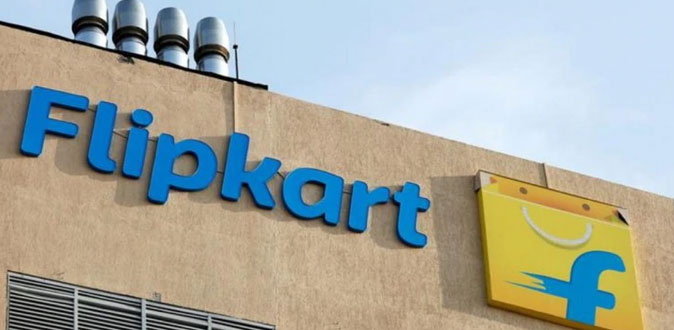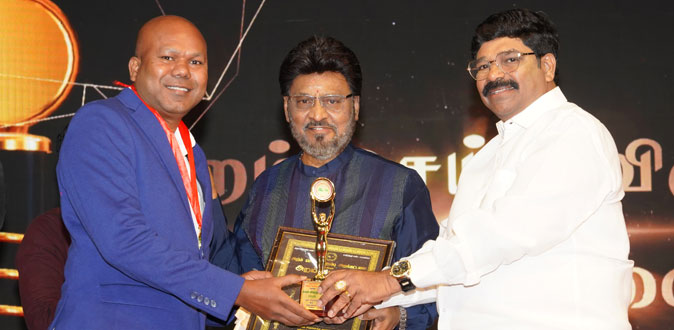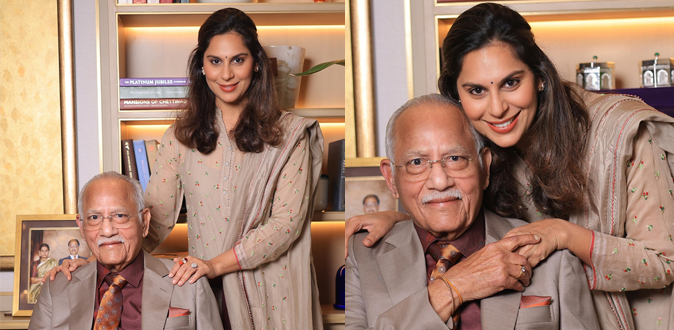Flipkart outlines Vision to Eliminate Single use Plastic

Flipkart, India’s leading e-commerce marketplace, today announced that as of 1st August 2019, it has achieved a 25% reduction in single-use plastic, through various initiatives across its packaging value chain. Flipkart also made a commitment to eliminate single use plastic in packaging and move towards a 100% recycled plastic consumption in its own supply chain by March 2021. As part of its long-term sustainability initiatives, Flipkart is working on various initiatives including the introduction of eco-friendly paper shreds, replacing poly pouches with recycled paper bags, replacing bubble wraps and airbags with carton waste shredded material and 2 Ply roll to name a few. Under this commitment, Flipkart has also filed for the EPR (Extended producer responsibility) and is targeting 30% collection back in first year to begin with. Flipkart also committed to maximize the Recycled content in single-use plastic to boost the recycling ecosystem and reduce virgin plastic consumption. These initiatives acknowledge India’s vision to phase out single-use plastic, as well as the company’s impact on the environment.
Flipkart is also actively working with the ecosystem to understand how it can best implement other initiatives to tackle plastic waste and in phase two of this engagement, will extend this effort to thousands of seller premises for orders shipped directly.
Over the course of the next year, customers can expect to see even more measures in the plan to cut down on plastic including:
-eComm ready packaging from brands
-Recycled paper bags for packaging
The efforts for the reduction in single-use plastic started about a year back and have resulted in a 25% reduction already in the packaging processes. Towards its commitment to 100% plastic-free operations, the company has introduced eco-friendly alternatives and recycled plastics.
“At Flipkart, we believe that sustainable business practices not only help us preserve our environment, but make us more efficient and ensure longevity. Creating alternatives for single-use plastic packaging is one of the significant steps we have taken towards fulfilling our commitment to create a sustainable ecosystem. Our long-term vision is to eliminate the use of plastic and maximise the use of recycled and renewable materials” said Kalyan Krishnamurthy, Group CEO, Flipkart.
Flipkart has been actively working with various partners on long term sustainability initiatives. Since the beginning of this year, Flipkart has been working on deploying sustainable alternatives to single-use plastic for its packaging and has received positive customer response on the successful implementation of greener alternatives like multi-use belts, recycled paper-based pouches, and carton waste shredded material. In phases, these have been replacing stretch film, polythene pouches, and plastic fillers such as bubble wrap and air-bags.
Flipkart has a strong commitment to sustainability as reflected in its recent efforts on usage of renewable energy, focus on waste management, and numerous other initiatives happening every day by teams across Flipkart group. Earlier this year, Flipkart had announced the introduction of Electric vehicles in its last-mile delivery network, with the aim is to replace nearly 40% of its existing last-mile fleet of delivery vans with EVs by March 2020. At its corporate office in Bangalore that has close to 8500 employees, Flipkart does not use plastic cutlery, encourages steel containers and bottles, glassware to serve tea & coffee and also segregate waste at source. By leveraging tech in its workflow at fulfillment centres Flipkart optimises the type and volume of packaging to be used, instead of leaving it to human decision and was also recently certified ISO 14001 for its strategic facilities, a crucial benchmark for the preparedness to prevent environmental pollution in the workplace.
The company’s belief in working towards protecting the environment and driving the change on behalf of all stakeholders will bring in a lot of positive value for the ecosystem.






